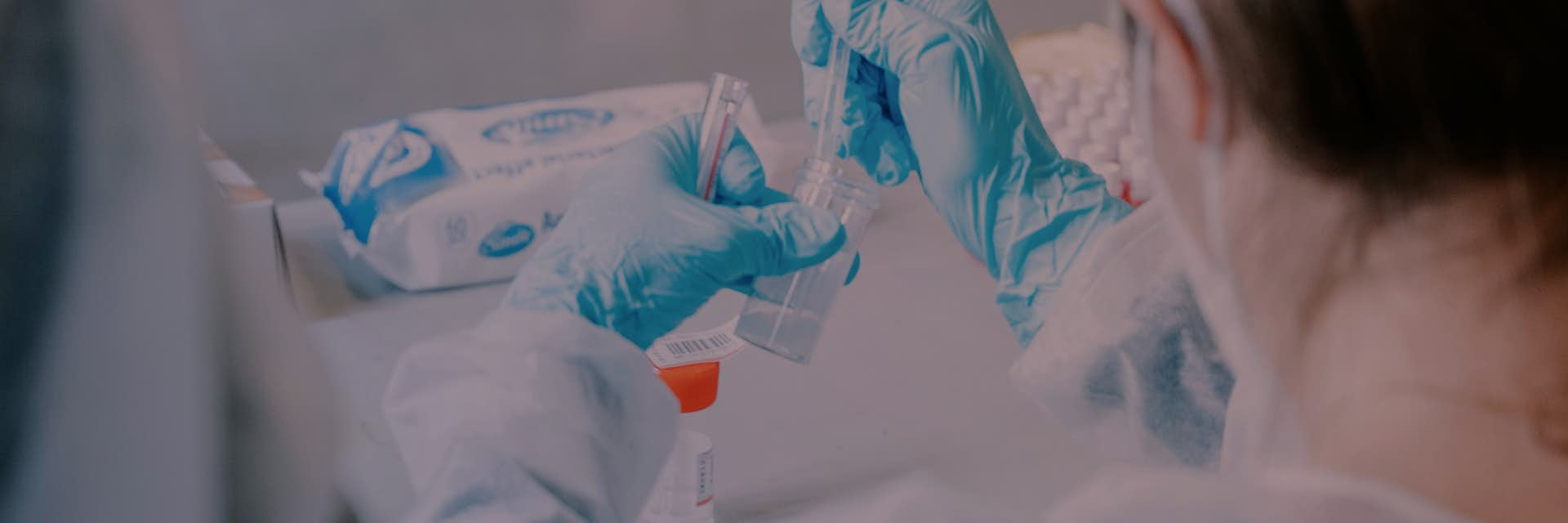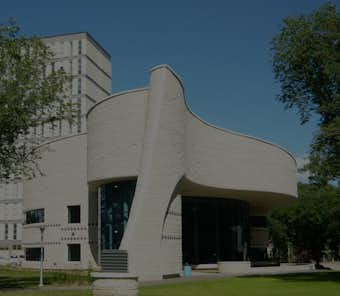
Study toxicology abroad
Find programs that match your eligibility and aspirations then apply with reduced application fees, a free assessment and access to a dedicated advisor.
Find your perfect toxicology programs abroad
Find toxicology programs you love that match your needs & aspirations, where you stand a high chance of acceptance.
Toxicology degrees abroad
Toxicology is a branch of science that examines the impact of chemicals on human, animal, and environmental health. It’s a huge academic area that combines aspects of biology, chemistry, pharmacology, immunology, genetics, and more.
As a toxicology student, you’ll learn how to assess and evaluate the effects of medicines, poisons, and other biohazards on living organisms. As well as designing and performing laboratory tests, you’ll be challenged to present your findings and weigh up the risks of various drugs and pharmaceuticals.
The regulation and use of medication and toxic substances vary tremendously throughout the world. By studying abroad, you’ll encounter new developments and dilemmas in the field, transforming you into a more experienced toxicologist. It’s also an invaluable opportunity to be at the forefront of international research and work alongside world-renowned experts.

Why use Studee?
-
Find your ideal program
Filter 10,000s of programs down to a shortlist perfect for you, where you have a strong chance of getting admitted
-
Apply online via Studee
Complete our application form and enjoy reduced application fees and access to unique Studee scholarships for many universities
-
We assess within 48hrs
We complete an 85-point assessment within 2 business days, help you with improvements then submit to your university
-
University offer in 2-4 weeks
We chase the university for your admission decision and keep you updated. We all celebrate your admission!
All our services are 100% free as we're funded by universities. You pay deposits and tuition fees directly to the university.

Toxicology program structure
It’s possible to study a bachelor’s degree in toxicology over three or four years, but these programs are rare and you probably won’t have too many to choose from. Aspiring toxicologists are more likely to study an undergraduate degree in a related field, like biochemistry or pharmacology.
If you’re interested in taking a bachelor’s degree in the US, you’ll likely follow the four four-year liberal arts model of education. You’ll work on your general education for the first two years, before majoring in toxicology or a similar subject for the final half of your degree.
Once you’ve got a relevant bachelor’s degree, you can enroll in an MSc. Master’s programs in toxicology are much easier to track down and can be taken full-time over one year or part-time over two years.
A PhD is the highest formal qualification available. These research-based programs last a minimum of three years, but some can take up to eight years to complete.
Although you’ll attend lectures, seminars, and tutorials, you’ll spend a significant amount of time in laboratories and practical workshops. You’ll be assessed through a mixture of exams, essays, laboratory work, data handling, presentations, and practical reports.
Every toxicology program looks slightly different because it includes a range of elective courses that are unique to that university. However, most institutions make it mandatory for students to take classes in the following fundamentals:
- Mechanisms of toxicity
- Measuring toxic potential
- Preventative and regulatory toxicology
- Environmental and industrial toxicology
- Biochemical toxicology
- Forensic and clinical toxicology
- Practical and professional skills for toxicologists
- Analytical techniques and numerical methods for toxicologists
Best countries to study toxicology
Toxicology study abroad programs
Toxicology undergraduate programs
Bachelor's in toxicology
-
Biology: Pharmacology/Toxicology (West Valley Campus) - BS Arizona State University (in partnership with Kaplan International), USA
- Program type
- Bachelor's
- Duration
- 4 years
- Annual tuition fee
-
32,760 USD
Fees are displayed in the university's local currency
- Start date
- August, January
-
Environmental Science: Environmental Health and Toxicology - BSc Auburn University at Montgomery, USA
- Program type
- Bachelor's
- Duration
- 4 years
- Annual tuition fee
-
32,246 USD
Fees are displayed in the university's local currency
- Start date
- June, August, January
-
Environmental Science: Toxicology - BSc Western Washington University, USA
- Program type
- Bachelor's
- Duration
- 4 years
- Annual tuition fee
-
26,562 USD
Fees are displayed in the university's local currency
- Start date
- January, September
-
Toxicology - BSc/BSc (Hons) University of Saskatchewan, Canada
- Program type
- Bachelor's
- Duration
- 4 years
- Annual tuition fee
-
31,983 CAD
Fees are displayed in the university's local currency
- Start date
- July, September, January, May
Toxicology graduate programs
Master's in toxicology
-
Pharmaceutical Sciences: Pharmacology/Toxicology - MSc Florida A&M University, USA
- Program type
- Master's
- Duration
- 2 years
- Annual tuition fee
-
25,868 USD
Fees are displayed in the university's local currency
- Start date
- August, January, May
Doctorate in toxicology
-
Pharmaceutical Sciences: Pharmacology/Toxicology - PhD Florida A&M University, USA
- Program type
- Doctorate
- Duration
- 2 years
- Annual tuition fee
-
24,669 USD
Fees are displayed in the university's local currency
- Start date
- August, January, May
Future toxicology careers
Toxicologists are vital for keeping humans, animals, and environments safe all over the world. As such, toxicology students graduate with a range of promising and exciting career options across international research laboratories, pharmaceutical companies, government bodies, and hospitals.
Toxicology is a far-reaching area of study, making it easy for graduates to follow a career path that reflects their interests and expertise. Here are some of the roles you might consider pursuing:
- Environmental toxicologist
- Medical toxicologist
- Forensic toxicologist
- Pharmaceutical salesperson
- Research associate
- Science teacher
- Laboratory process engineer
- Quality control toxicologist
Although your degree will prepare you with theoretical knowledge and practical capabilities, it’s important to sharpen your professional skills too. Gathering work experience in relevant settings is one of the best ways to keep up with sector developments and make your resume stand out.

















